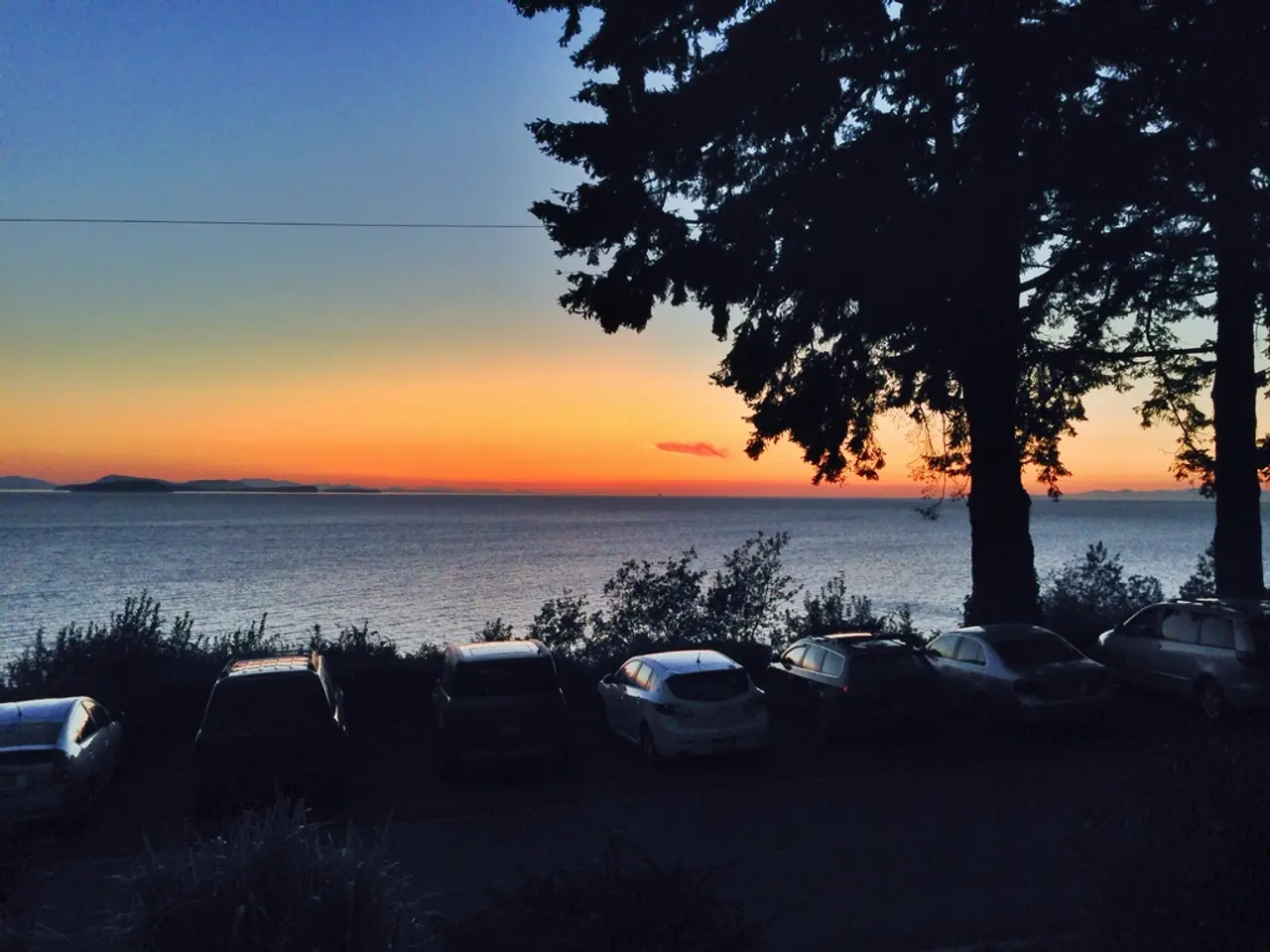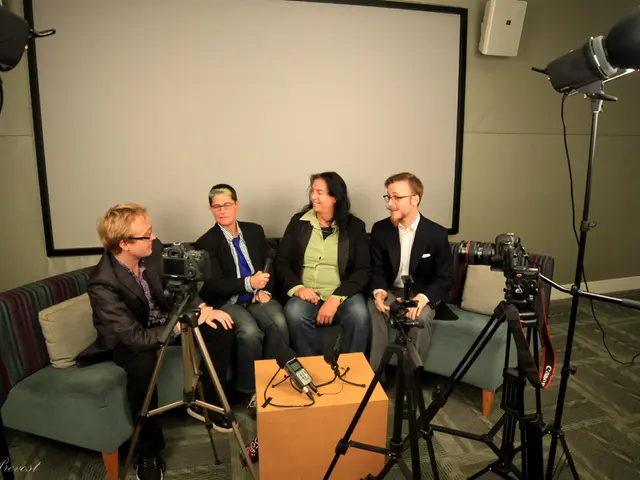Summer Vacation Regulation Proposal by Trade Union Considered Possible - Alternative Summer Vacation Planning Options Suggested by the Trade Union
In a move aimed at addressing educational disparities and improving resource management, the Education and Science Workers' Union (GEW) in Baden-Württemberg has proposed an alternative summer vacation regulation for schools. This proposal seeks to shift away from the traditional long summer break towards more flexible holiday periods distributed across spring and fall.
The GEW's proposal focuses on addressing educational disadvantages caused by the long summer break, particularly for students from less affluent families who often miss out on enrichment activities like tutoring and internships during the summer. Additionally, the proposal aims to provide safe, climate-controlled environments during the hot summer months for families who cannot afford travel to cooler areas or adequate home air conditioning.
The GEW's trimester solution suggests a long vacation block in the summer, with shorter blocks around Christmas and in April/May. This change is intended to reduce overcrowding and the strain on resources like emergency services caused by the annual summer vacation peak. It also aims to allow more balanced use of outdoor seasons by having extended breaks in more temperate spring and autumn months.
If this model were adopted beyond Baden-Württemberg, other German states might expect a restructuring of school calendars to create shorter summer breaks with compensating longer holidays in spring and/or fall. Potential improvements in student learning retention and equity, as shorter summer breaks reduce learning loss, are also expected. Changes to tourism patterns, since summer vacation is a peak travel season, might alleviate overcrowding and logistical challenges. Logistical adaptations in transportation and family planning to new holiday patterns could ease current traffic restrictions and congestion experienced in traditional summer vacation periods.
However, not all state leaders are on board with this proposal. Minister President Winfried Kretschmann (Greens) of Baden-Württemberg has made it clear that he does not want to change the current summer vacation schedule anytime soon. The state Parents' Council suggests that the federal states should use the vacation rotation sensibly.
The debate on the summer vacation regulation gained momentum after North Rhine-Westphalia's Minister of Education, Dorothee Feller, demanded a change in the summer vacation regulation. The annual debate on the summer vacation regulation is likely to lead to no changes, according to GEW.
It is worth noting that Baden-Württemberg is one of the federal states with the highest temperatures in August, making a later summer vacation sensible for schoolchildren. The summer vacation in Bavaria starts every year from late July or early August and continues well into September.
The 14 federal states participating in the vacation rotation do not fully utilize their flexibility for summer vacation start dates. A change in the summer vacation regulation for Baden-Württemberg could be possible at the earliest for the school year 2030/31.
Despite the opposition from some state leaders, the GEW's proposal could inspire broader reform discussions in Germany's education and vacation regulation frameworks. The implications for other states in scheduling, tourism, and traffic management are significant, making this a topic of ongoing interest and debate.
- The Education and Science Workers' Union (GEW) in Baden-Württemberg's proposal for an alternative summer vacation regulation focuses on vocational training and education-and-self-development, aiming to reduce learning loss and provide safe, climate-controlled environments during the hot summer months.
- In the realm of policy-and-legislation, the GEW's trimester solution for school calendars is a significant topic of debate, as it seeks to restructure vacation periods to address educational disparities and improve resource management.
- The implications of this proposal extend beyond Baden-Württemberg, as it raises questions about learning, politics, and general-news, with potential impacts on student learning retention, equity, tourism patterns, and traffic management in other states.







